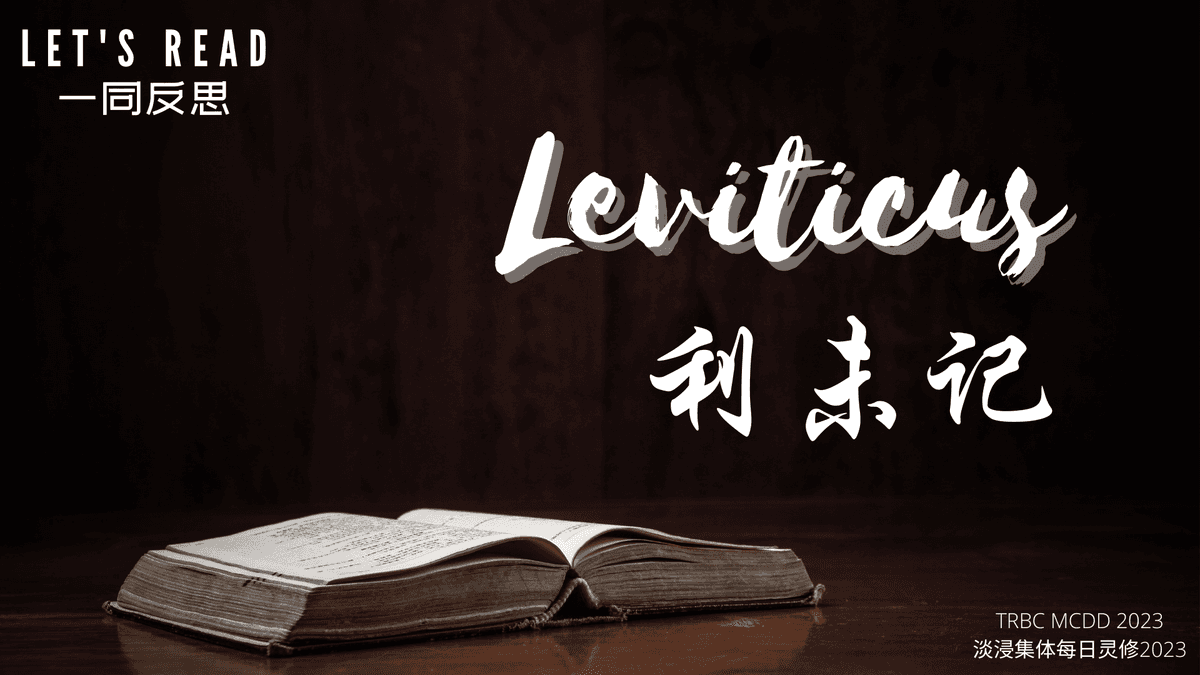Last 5 Days

Atonement for Sin and Guilt

Click here to read Leviticus 5
This chapter gives us instructions of how the nation of Israel, in the Old Testament, made atonement for their sins. Verse 1 is an example of the sin of omission. When a person is put under a “public adjuration,” he is under oath or a solemn pledge to give testimony of the truth. But if he does not testify of the truth, of what he has heard or seen, then he is guilty of iniquity – the sin of wilful omission.
The other verses (verses 2-19) instruct us on the sin of commission, that is, anything that an Israelite has committed that brings an offense to God and a sense of guilt in the sinner. It could be touching a death body (vv. 2-3) or speaking some rash words or oath to do anything good or evil (v. 4) or a breach of faith (v.14), he is guilty of sin.
Verses 2-13 teach us how an Israelite makes atonement for his sin by offering a sin offering through the mediator of the priest. The sin offering could be of different types, either a lamb or goat (v. 6) or two turtledoves or two pigeons, and these are acceptable to the Lord, according to whether one could afford to pay the compensation. This speaks of the mercy of God who desires for us to be reconciled to Him, regardless of the kind of economic status we are in.
Verses 14-19 teach us that there is a thing calls unintentional sin, also calls “a breach of faith.” And when this happens, then the person who realizes his guilt should bring a guilt offering to the priest who would make atonement for him to the Lord.
We thank God for the gift of conscience by which the Holy Spirit uses to convict us of our sin. In this passage, the phrase, “realizes his guilt” appears several times.
What should be our response when God, through the Holy Spirit, we are convicted of our sin? Do we rationalize or give excuses? The Bible gives us a way out – that is, to humbly admit our sins when we realize our guilt. This is found in verse 5. Also, here is a need to “pay” a compensation or make atonement for the sin (v. 6) and it is done through the giving of a sin or guilt offering.
Here the priest serves as the middle person (mediator) to assist the sinner in performing the ritual of offering the sin or guilt offering. It reminds me of the priesthood of Christ – He is the Great High Priest, the righteous advocate (1 John 2:1) who stands before God always pleading on our behalf. Not only that, but Jesus Christ has also become the “sin offering,” the ransom or the sacrifice that atones for our sins (1 John 2:2).
We can thank God that our Lord Jesus Christ fulfils the requirement of the sin and guilt offering for us, so that we might experience God’s forgiveness, and be made right before Him. Today, believers could come freely into His presence to worship Him as Hebrews 10:19-22 tell us.
Prayer : Dear Heavenly Father, thank You that You desire to have fellowship with us, and You have made it possible for us through Your Son, our Lord Jesus Christ. Help me not take for granted this privilege of coming into Your presence, but to treasure every opportunity and each moment of my fellowship with You. And may my life reflect who I truly am, a child of God, whenever and wherever I go. In Christ’s name. Amen!
